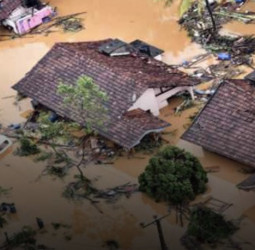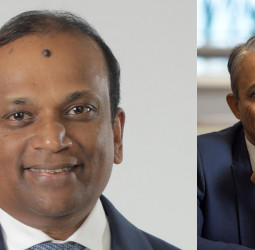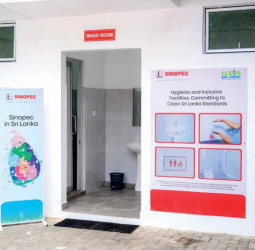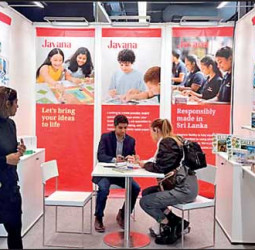-Enroll in the 6-month Business and Human Rights Accelerator to enhance Corporate Human Rights Practices
The United Nations Global Compact is the world’s largest world's largest corporate sustainability initiative, with more than 20,000+ participant companies globally. The Ten Principles of the UN Global Compact in the areas of Human Rights, Labour, Environment and Anti-corruption in alignment with the Sustainable Development Goals (SDGs) embed sustainability into business operations and their value chains.
Amidst a volatile business landscape, the UN Global Compact Network Sri Lanka (Network Sri Lanka) is empowering companies to set and achieve ambitious sustainability goals that drive long-term value creation. Through its innovative global Accelerator programmes and localised ‘Working Groups’, the organization provides a robust framework for businesses to learn from experts, define purposeful targets, align sustainability strategies, share experiences, and work towards common goals with collective problem-solving.
The Accelerators are multi-month corporate capacity development programmes conceptualised and developed by the UN Global Compact together with global experts, and delivered to participant companies across the world by local and regional specialists in key focus areas.
Rathika de Silva, the Executive Director of Network Sri Lanka, stresses, “These Accelerators are developed to guide businesses to set ambitious targets for high performance and are successfully run across many country networks. Advising businesses to join and reap benefits he says, “Allocating the right people and the right resources Is key to gain the maximum benefit, efficiency, the effectiveness.
Currently, four Accelerator programmes are offered to Participant companies of Network Sri Lanka being Business and Human Rights Accelerator, Climate Ambition Accelerator, Target Gender Equality Accelerator and the SDG Innovation Accelerator. The Accelerators are exclusively for UN Global Compact Participant companies.
Sign up for the third round of its Business and Human Rights (BHR) Accelerator is now open with a deadline of December 2024. This important initiative offers companies a unique opportunity to advance their human rights practices through a comprehensive six-month journey
. Expert-led sessions, peer-to-peer learning, and tailored guidance help participants enhance their human rights due diligence processes. The programme will also address the Corporate Sustainability Reporting Directive (CSRD), a crucial development in corporate responsibility. Including CSRD in the curriculum, the accelerator demonstrates a commitment to keeping participants informed about the latest global standards and reporting requirements.
The ‘Climate Ambition Accelerator’ supports companies in aligning their business strategies with the Paris Agreement's goal of limiting global warming to 1.5°C. Through a six-month programme, participants are guided in setting science-based emissions reduction targets and charting a path towards net-zero emissions. Today, over 35 Sri Lankan companies have actively participated in this Accelerator, demonstrating a growing commitment to climate action. Inviting more companies, Lucas Ribeiro, Climate Ambition Accelerator Lead, United Nations Global Compact says, “The transition to a net- zero economy will happen whether you like it or not…be part of the early movers to be part of this transformation.”
The ‘Target Gender Equality’ is currently in the process of being administered for the 5th year. This is a nine-month accelerator programme designed to support companies that engage with the UN Global Compact in establishing and achieving ambition corporate targets for women in the workplace and equal pay for equal value of work.
Addressing business sustainability needs at a local level, Network Sri Lanka facilitates ‘Working Groups’, which serve as dynamic platforms for peer-learning, cooperation and collective progress. The Working Groups focus on the pillars of Business and Human Rights, Climate Emergency, Gender and Diversity, Water and Ocean Stewardship, and Sustainable Supply Chain. The agendas for each working group for 2024 was announced at Network Sri Lanka’s Compass 2024 event at the beginning of the year.
Dilhan Fernando, Chairman of UN Global Compact Network Sri Lanka, explains the importance of collaboration says, “The team has produced extraordinary results through the working groups, helping our colleagues to understand how we can navigate challenges of supply chain to build resilience. And as UN Global Compact, we have the benefit of learning from around the world.”
Dr. Ravi Fernando adds, “Every company involved in the Global Compact in terms of the 80 companies, should have a team in every one of our working groups. Because every one of those working groups are directly or indirectly relevant to your business. Every single one of you should take the challenge of leading and guiding and inspiring sustainability in your company… let me encourage all of you in 2024 to be a key champion for sustainability in your organization.”
Network Sri Lanka’s ‘Business and Human Rights Working Group’ accounts for 21 participant companies to-date. The agenda of the Working Group for 2024 covers the topics of living wage, human rights due diligence, business integrity and anti-corruption, and digital rights and privacy. Commenting on the agenda on behalf of the working group, Amanthi Perera, Head of Social Sustainability at MAS Holdings states, “We are working on human rights in the workplace, due diligence legislation, decent work practices in supply chains, and leveraging theory of change.”
The ‘Climate Emergency Task Force Working Group’ (CETF), which engages 37 companies currently, aims to address the urgent need for science-led leadership in combating the climate crisis. The goals for 2024 include raising awareness for science-led leadership, promoting renewable energy adoption, and influencing public sector support for renewable energy targets by 2030.
The CETF emphasizes the necessity for companies to join and contribute to these critical initiatives, underlining the imperative nature of addressing the climate emergency. Treshan Galappaththy, Programme Associate, Network Sri Lanka, representing members of the group, notes, “We encourage participant companies to have an energy transition plan by 2030. We also hope to support the government target of 70% renewable energy by 2030.”
Recognizing the value of diverse perspectives, the ‘Gender and Diversity Working Group’ explores ways to foster a more inclusive and equitable workplace. With the participation of 24 companies, the group plans to address in 2024 issues such as female representation in STEM roles, equal pay for equal work and unconscious gender bias in the work place.
Elaborating on the work of the Gender and Diversity Working Group, Mega Ganeshan, Manager Sustainability, DIMO echoes, “Diversity management is important because it values what every employee brings to the table, giving perspectives on better management, better branding, leading for a better workplace.”
The ‘Water and Ocean Stewardship Working Group’ aims to drive collective action on water conservation and ocean protection. The group emphasizes the critical importance of water resources and the increasing threat to Earth's freshwater and ocean resources. With 20 participating companies, the group aims to integrate water and ocean stewardship through partnerships and awareness creation, showcasing best practices and leveraging digital tools for knowledge dissemination. The proposed goals for 2024 revolve around strategic partnerships, AI-driven predictions, conservation of water resources, and modern agricultural methods. Touching on collective action, Anuruddha Gamage, General Manager, HR & Corporate Sustainability, Kelani Valley Plantations PLC and the head of the Working Group states “There is a huge area of possibilities for all the key business leaders and collaborators whatever the positions they are in the corporate world, they can join hands together…to achieve the shared goals”.
The ‘Sustainable Supply Chain Working Group’ highlights the importance of addressing sustainability within the supply chain. The agenda for 2024 includes developing a sustainable supply code of conduct, supply chain monitoring, beyond compliance to value creation, traceability and introduction to technological platforms and navigating a complex regulatory and reporting landscape. “Sustainability or being sustainable is not an if anymore, it's when.” advises Anosha Koralage, Head of Sustainability, Enterprise Risk Management and Group Initiative, John Keells Holdings PLC, speaking as the head of the Working Group which consist of 22 companies to date.
Through the dual-pronged approach of Accelerators and Working Groups, Network Sri Lanka equips businesses with the tools, guidance, and support necessary to translate their sustainable ambitions into tangible, impactful outcomes. Participants gain access to a wealth of resources, curated knowledge, and a community of like-minded organizations, empowering them to navigate the volatile business landscape while continuously driving positive change.
For more information engaging with UN Global Compact and Network Sri Lanka, corporates may contact Network Sri Lanka via [email protected] or on +94 77 066 8705
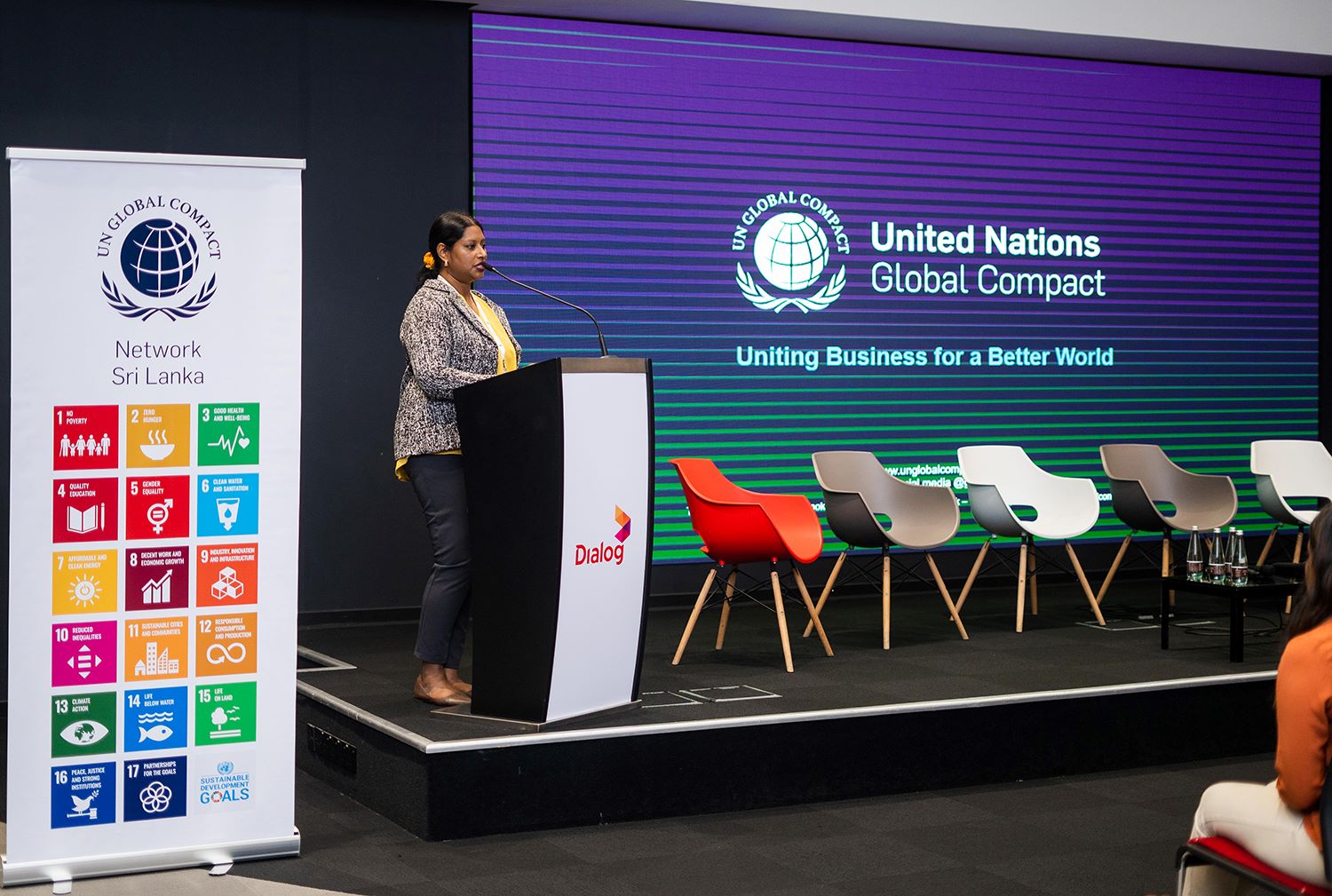
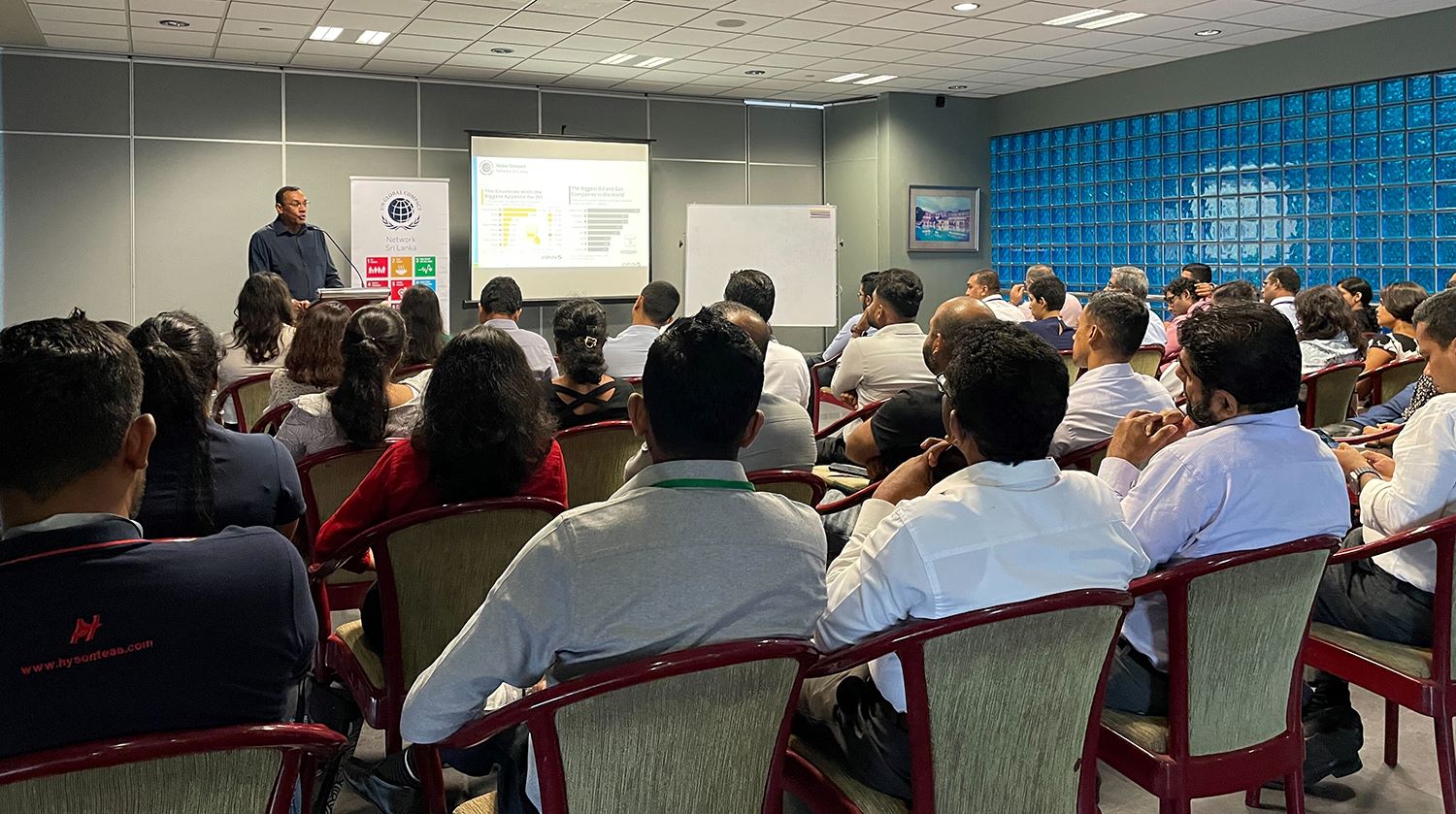


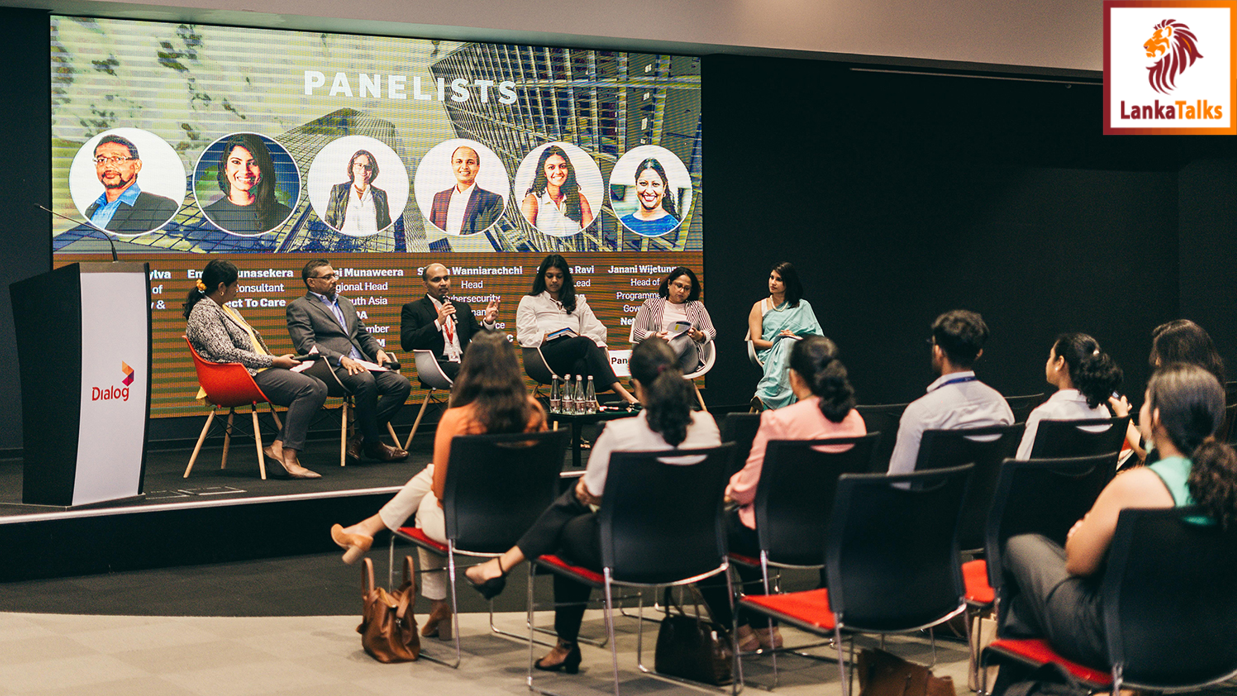
 Thishila Mewan
Thishila Mewan